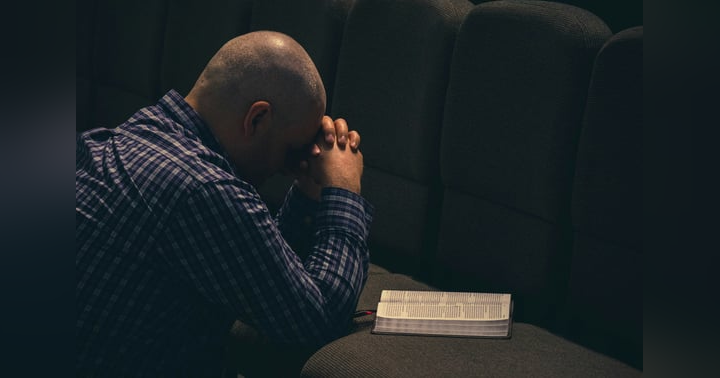How to Stay Sober When Your Home Environment Isn’t Safe Yet

Recovery isn’t just about putting down the drink or the drug—it’s about creating a life where sobriety can actually thrive.
But what happens when your living situation doesn’t support that?
Maybe you’re back in the same house where your using days played out.
Maybe your family still drinks or uses in front of you.
Maybe the energy in the home is tense, triggering, or even unsafe.
The truth is, you can stay sober even in an unsafe home environment—but it requires intentional action, solid boundaries, and daily strategies that keep you anchored to your recovery.
1. Accept the Reality Without Judging Yourself
The first step is honesty. You can’t wish your environment into safety—it is what it is.
It’s not a moral failing to be in a tough living situation. Many people in early recovery don’t have the option to just “move somewhere else” right away. Accepting the reality means you can start working with it instead of fighting against it in your head.
2. Identify Your Triggers at Home
Your home might hold physical triggers (bottles in the cabinet, certain smells, specific people) or emotional triggers (conflict, loneliness, chaos).
Write them down. Get specific. When you see them clearly, you can create an intentional plan to counteract them. For example:
If a certain room makes you want to use, avoid lingering there.
If family arguments escalate, have a plan to step outside or call someone.
If isolation is dangerous for you, schedule check-ins with a recovery friend.
3. Build a Safe Zone Inside Your Unsafe Space
Even if the whole house isn’t safe, one corner can be. Create a “recovery space” where you can breathe, journal, meditate, pray, or just rest.
This could be:
A small desk with affirmations and recovery literature.
A chair by the window with a cozy blanket and your journal.
A spot on the floor with a yoga mat for grounding exercises.
When you give yourself a physical place that feels like yours, your nervous system can recognize it as a safe harbor.
4. Lean Hard on Your Outside Support System
If your home is unsafe, your recovery network becomes your lifeline.
That means:
Regularly attending meetings (in-person or online).
Staying in daily contact with your sponsor, mentor, or sober friends.
Using text groups, recovery apps, or voice memos to stay accountable.
If you can’t get support inside your home, make sure you’re getting it outside.
5. Keep a “Crisis Exit Plan” Ready
You need a backup plan for high-risk moments.
That could mean:
Having a friend who knows they’re your emergency call.
Knowing the location of the nearest meeting and having a rideshare app ready.
Even arranging a temporary safe space (friend’s couch, recovery café, sober living) if things spiral.
Sometimes just knowing you have a plan is enough to stay grounded.
6. Practice Mental Boundaries
If you can’t change the environment yet, you can strengthen your mental defenses.
Some tools that help:
Headphones & playlists to block triggering noise.
Guided meditations for anxiety or craving control.
Affirmations repeated in moments of stress (“I am not my thoughts, I am not my cravings, I am safe in this moment”).
7. Keep Your Exit Goal in Sight
An unsafe home doesn’t have to be forever.
Create a concrete plan to eventually move into a safer environment—whether that’s saving a little each paycheck, applying for sober living, or working with a counselor to explore housing options.
When you have something to work toward, the situation becomes temporary instead of hopeless.
Final Thought
Your surroundings matter in recovery, but they don’t have to define your outcome.
Many people have stayed sober in tough, unsafe environments—not because it was easy, but because they built a strong inner recovery and surrounded themselves with outside support.
If you’re in this situation now, know this:
You are not weak for struggling.
You are strong for staying committed in a place that makes it harder.
And every day you choose sobriety in the middle of chaos, you’re building a resilience that will carry you far beyond these walls.

